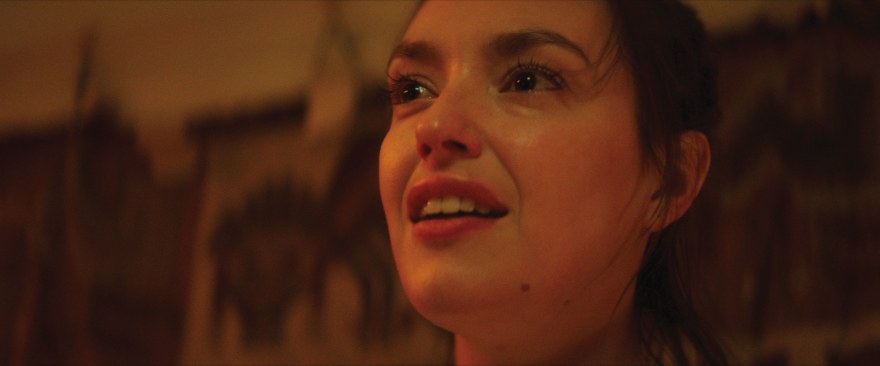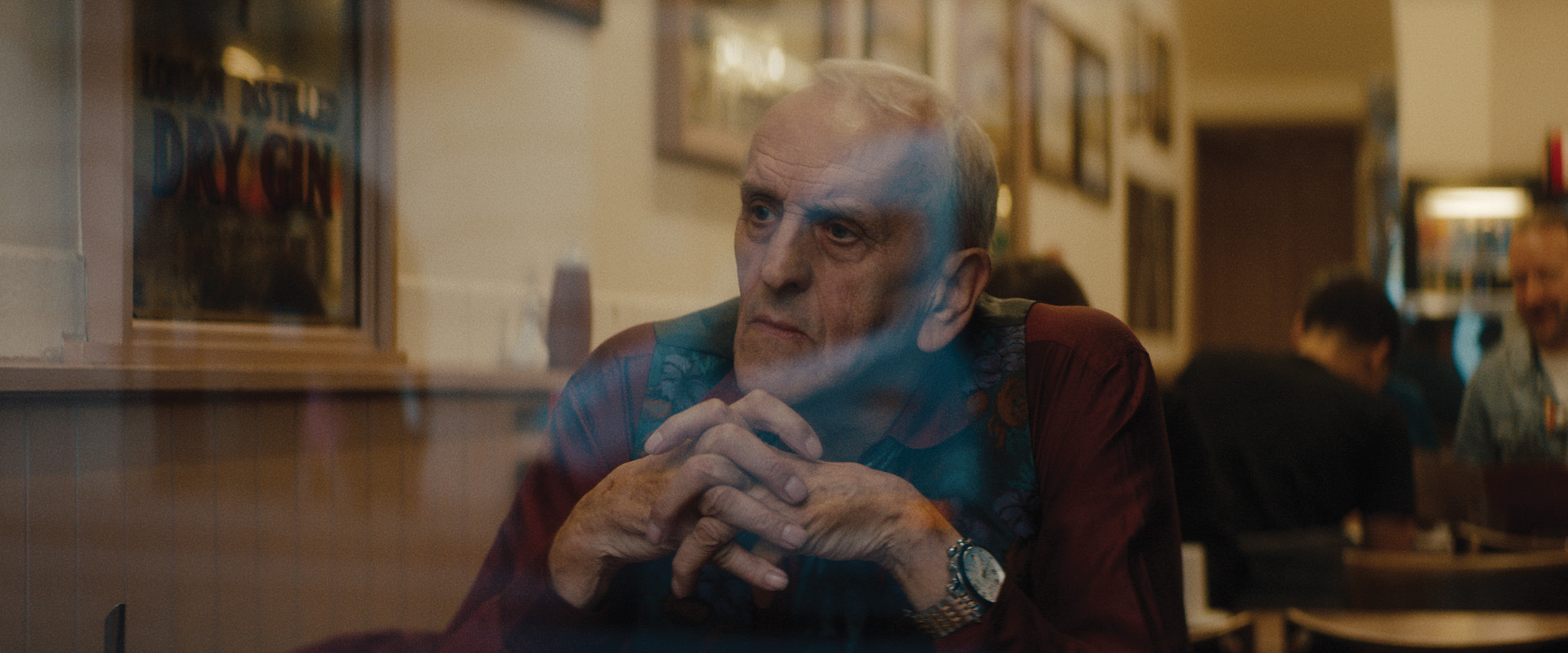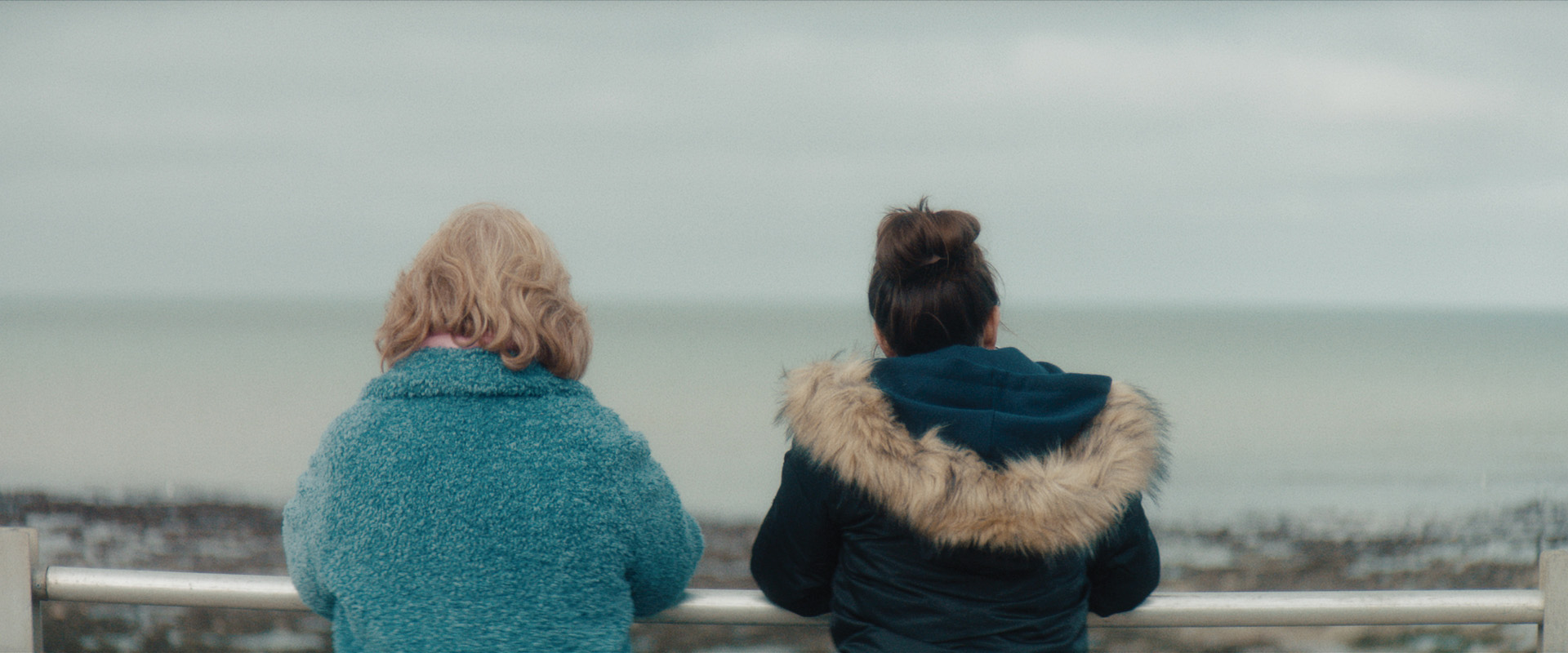Dinner with Ned & Me
Interview with Lorna Nickson Brown, director of Ned & Me
Obvious question. Why did you choose to explore this subject matter? Have you had any personal experience of the issues around euthanasia?
I was drawn to this subject matter because I think it is one of the greatest questions of our age, or any age, and I don’t have an answer for it. I wanted to make a film which explores my doubt surrounding euthanasia and also how it relates to other human transactions. How and when we die are often taboo subjects and, in recent years, due to challenges with my own health, I have become very interested in whether we can ever have complete control over our bodies. For Ned, dying before debilitating illness kills him is an act of empowerment. He is taking ownership of his body. I wanted to depict proximity to death on camera, and to surround it with a feeling of joy and fearlessness. Our song, “Las Manos De La Libertad,” meaning “The Hands of Freedom,” is performed in the style of Buena Vista and really has a sensual exuberance that makes you just want to dance. I like to think Ned played drums on that track! When Mia and Ned dance together, their connection represents courage and acceptance of death. In this moment, I wanted Ned’s liberation to be so complete that he would be able to offer a momentary freedom to Mia too. I wanted to make a film that felt like freedom from fear. Like Ned, I don’t want to be scared of death. In my opinion, death is a stepping stone; an extension of life as natural as being born. The questions are, when should we intervene in that step, and who can we trust to help us?
Can you tell us a little bit more about the casting process? How did (engraver and artist) Graham Short get involved in the project?
Graham auditioned after hearing an interview I did on BBC West Midlands for an open casting in Birmingham. Apparently, he only heard half the interview in his car and drove home to replay it to get all the details! He came along to meet me and producer, Dom Riley, and he blew us away. He’s never acted before but his reading was fantastic and I loved the Brummie sensibility he brought to the humour in the script. Graham is an intrepid, curious man who loves to challenge himself. These were all the qualities I saw in Ned and I could see that Graham has them, naturally, in abundance. He told me about his world record swimming championships and the rigorous training required to participate; his incredible work as one of the world’s leading exponents of micro-art and the self-control required to do such intricate work and all about his life growing up in Birmingham, my home city. He told me he wasn’t scared of much but that this new discipline, acting, scared him and so he wanted to do it. He took a leap of faith and I’m so grateful for his trust – it’s all there on screen. His performance is beautiful.
What sort of genres and subjects are you interested in exploring as a filmmaker?
I’m interested in what’s beneath the surface. Intimate stories; characters with rich interior worlds often in conflict with their external worlds. Although my stories move across genre, across mediums, and I move across disciplines in telling them, they have in common a desire to look at the complexity of human emotion and behaviour. I’m really interested in the ability of people to challenge injustice and reshape their own lives and the wider world. I want to tell stories of freedom and equality.
The number of short films from the UK across the festival sector seems to be dwindling. What has been your experience as a short filmmaker? Do you feel there’s been a change in the level of support or acknowledgement shorts get in the country?
This is my first time directing and so I am relatively new to the festival circuit. I can only go by my own experience and I feel that our film is a tricky one as the subject is so sensitive, particularly right now with a pandemic affecting mainly an elderly generation. I have thought a lot about whether it is too much to ask of an audience right now and I considered holding off releasing it at all. I’m glad we have as, ultimately, I think that the film offers a peaceful approach to dying and despite its challenging subject, a spirituality which I hope some viewers will find comforting. As for UK shorts in general, I think it’s so hard to judge right now as the whole festival circuit has changed significantly due to Covid-19. I have great admiration for all the adjusting and planning carried about by festivals across the world to keep these important events running.
What do you think the future holds for short films?
I think it’s really exciting! To me, the future looks very fluid and changeable which I think is a great thing. It’s exciting to see filmmakers like Almodóvar, Yorgos Lanthimos and Jonathan Glazer making shorts again. It feels like barriers are breaking down and films can be the length they need to be for that particular story. Some of my favourite films are shorts and they really utilize the form. Some stories exist best as short films and I think Ned & Me is one of them.
If we were to go back into lockdown, what cultural or artistic delights would you recommend to alleviate our boredom?
Just before Covid-19 hit the UK, I went into a music shop in Birmingham and bought myself a Spanish guitar. It’s been a passionate love affair ever since! I had never played guitar before (and I’m not exactly Carlos Santana yet!) but I have found a new form of expression through music. It’s a new challenge and I find it incredibly meditative. I’d really recommend learning a new instrument – the focus really helps calm the mind during these anxious times and it’s great to see your own progress. Even small steps forward make a difference. Plus, the delights of immersing myself in Spanish guitar recordings and learning Caetano Veloso’s version of “Cucurrucucú Paloma” is totally seductive – I can almost imagine I’m in an Almodóvar film in Spain rather than in a rainy Brummie lockdown!










